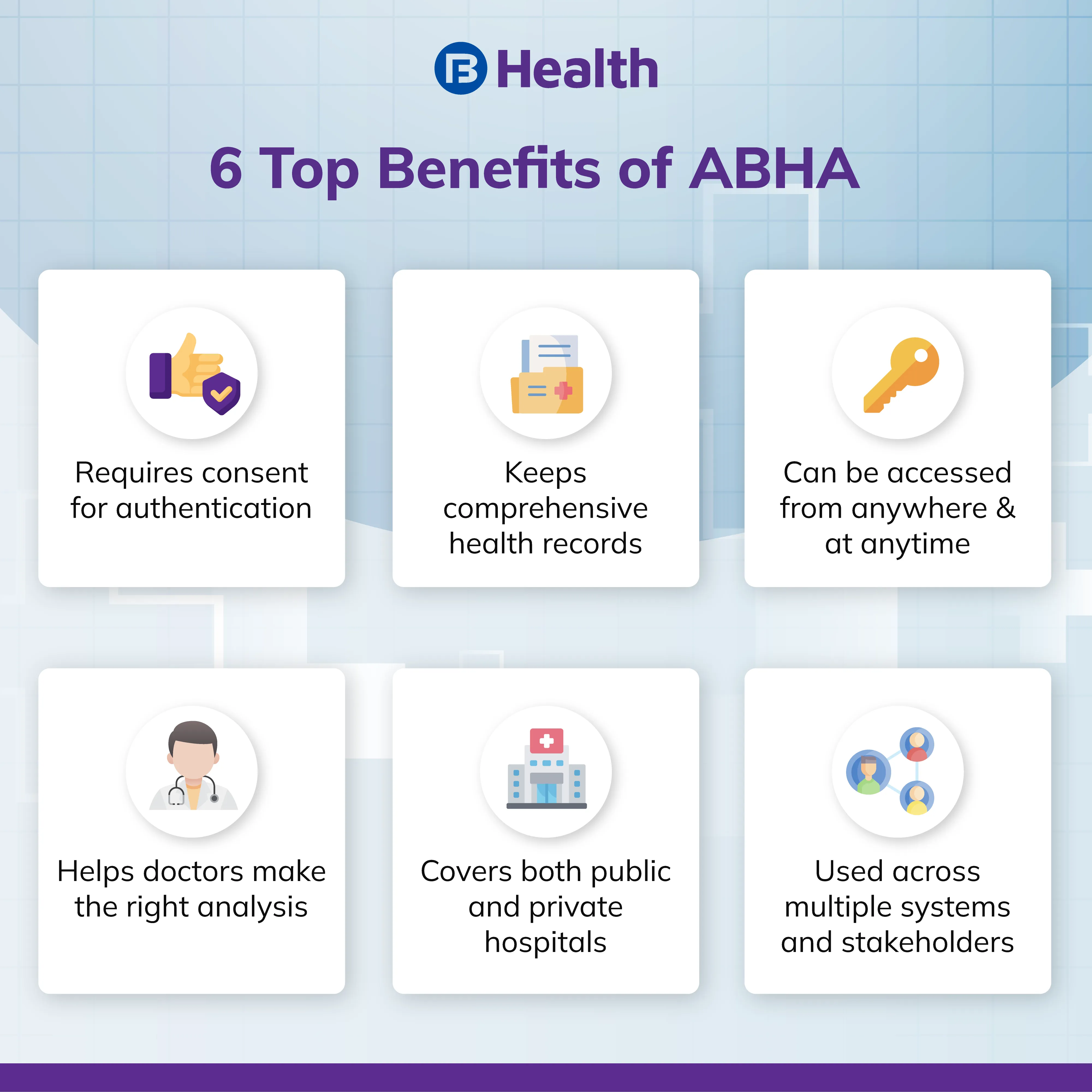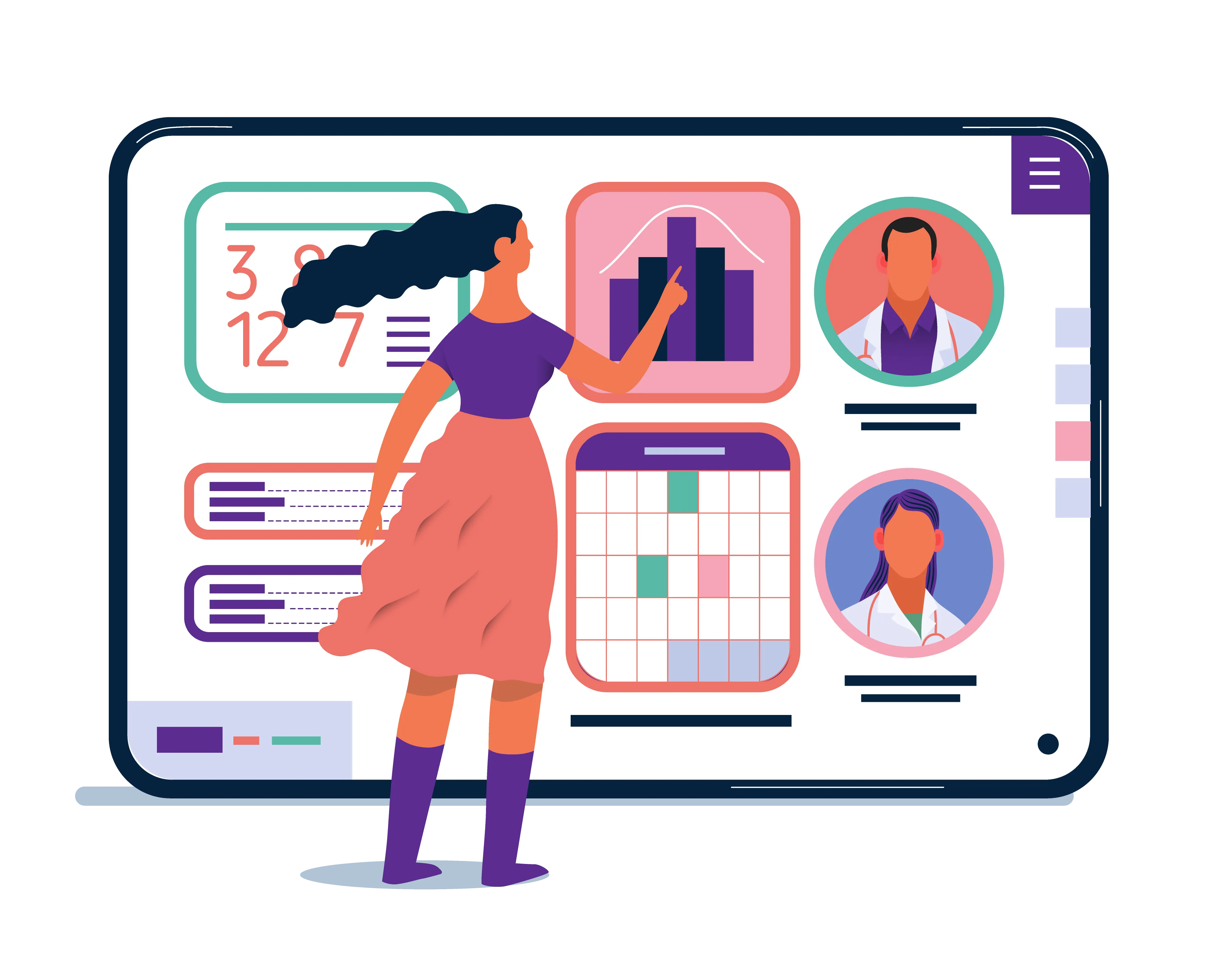General Health | 4 min read
UHID: How to Link Unique Health Identification and Aadhaar
Medically reviewed by
Table of Content
Key Takeaways
- Linking UHID with Aadhar was proposed by AIIMS in 2016
- A UHID number documents all your health records together
- Linking UHID and Aadhar helps create a universal health record
Governments across the world have taken steps to improve their healthcare system. The Government of India has taken many initiatives to raise the healthcare standards [1, 2]. These include the following.
- Creating awareness programs
- Developing infrastructure
- Launching health insurance schemes
- Framing health policies
Many countries aim to create a system that can help national-level data interchange. This helps healthcare professionals assess and analyze medical history of patients efficiently. In India, implementation of UHID number and linking it with Aadhar is a step in this direction.
Read on to know more about UHID no, and how you can avail UHID card or link it with Aadhar.

What is UHID Number?
UHID means or stands for Unique Health Identification. It was first started by the All India Institute of Medical Sciences (AIIMS). UHID in AIIMS is a randomly generated 14-digit number, and it records the medical history or health records of the patients. As part of the Digital India Initiatives, AIIMS UHID is issued during the first visit. The patients need to reproduce the UHID no during each visit. This helps document the patient’s journey in the hospital.
In 2021, the GoI has taken over the UHID under the Ayushman Bharat Digital Mission to bring every Indian under one digital health ecosystem. Now you can get your UHID no by registering for Ayushman Bharat Health Account. The UHID helps authenticate and maintain health records of the beneficiary. This UHID number can also be used to assess health records upon the beneficiary’s consent.
Additional Read: Top Health Insurance SchemesHow to Apply for UHID Number Registration?
Visit the online portal of Ayushman Bharat Health Account and create your UHID through your Aadhar or driving license number. You can also register for UHID through a mobile number if you do not want to share Aadhar or driving license details. Use the OTP received on your mobile number for authentication. You can also visit registered hospitals and clinics and use your Aadhar to generate UHID.
How is the UHID Number Beneficial?
UHID documents all your medical information. These may include
- The date and time of hospital visit
- Treatment undergone
- List of tests and procedures
- No of days admitted
- Medications
Storing health records with UHID creates an accurate medical history of patients. This helps medical practitioners in proper analyses and diagnoses. It also reduces the stress on the patients to produce past medical records including the procedures or treatments undergone. UHID reduces the risk of medical errors and enables you to avoid unnecessary investigations. It also contributes towards better patient management.

Why is Linking UHID and Aadhar Necessary?
In December 2016, the All India Institute of Medical Sciences (AIIMS) requested the government to link UHID and Aadhar. As UHIDs are different for each hospital, linking it with Aadhar would help store health records in one place. Besides, it also helps if patients do not remember their UHID number. In such situations, you can track the UHID no using the Aadhar link.
Thus, linking UHIDs with Aadhar can create a universal health record of a patient. When requested, healthcare organizations can transfer a patient's medical records to a digital locker. This will help them easily access the health records from anytime and anywhere. It also helps doctors access the patients’ medical information and have accurate analysis.
Challenges in Linking UHID with Aadhar
Linking UHID with Aadhar cannot be made mandatory as not everyone may have an Aadhar number. Further, private hospitals may hesitate to share or interchange the patients’ data. Organizational competitiveness and patients’ confidentiality may be an issue. Health data security also becomes a matter of concern. Another hurdle is that there may be limitations on the amount of data shared by the hospitals. On the flip side, private hospitals are more likely to submit patients’ health records to an electronic national registry than government hospitals as they have a higher level of computerization.
Additional Read: Ayushman Bharat Scheme
The system of UHID has made maintaining digital health records much easier. Simplify your tasks by signing up with Bajaj Finserv Health. Here, you can keep your and your family's health record intact and assess it from anywhere. Besides, you can book online doctor consultations and lab tests with 88K+ doctors and hospitals in India. Give your health priority with a digital approach.
References
- https://pib.gov.in/Pressreleaseshare.aspx?PRID=1737184
- https://bestcurrentaffairs.com/latest-initiatives-health-sector/
Disclaimer
Please note that this article is solely meant for informational purposes and Bajaj Finserv Health Limited (“BFHL”) does not shoulder any responsibility of the views/advice/information expressed/given by the writer/reviewer/originator. This article should not be considered as a substitute for any medical advice, diagnosis or treatment. Always consult with your trusted physician/qualified healthcare professional to evaluate your medical condition. The above article has been reviewed by a qualified doctor and BFHL is not responsible for any damages for any information or services provided by any third party.




